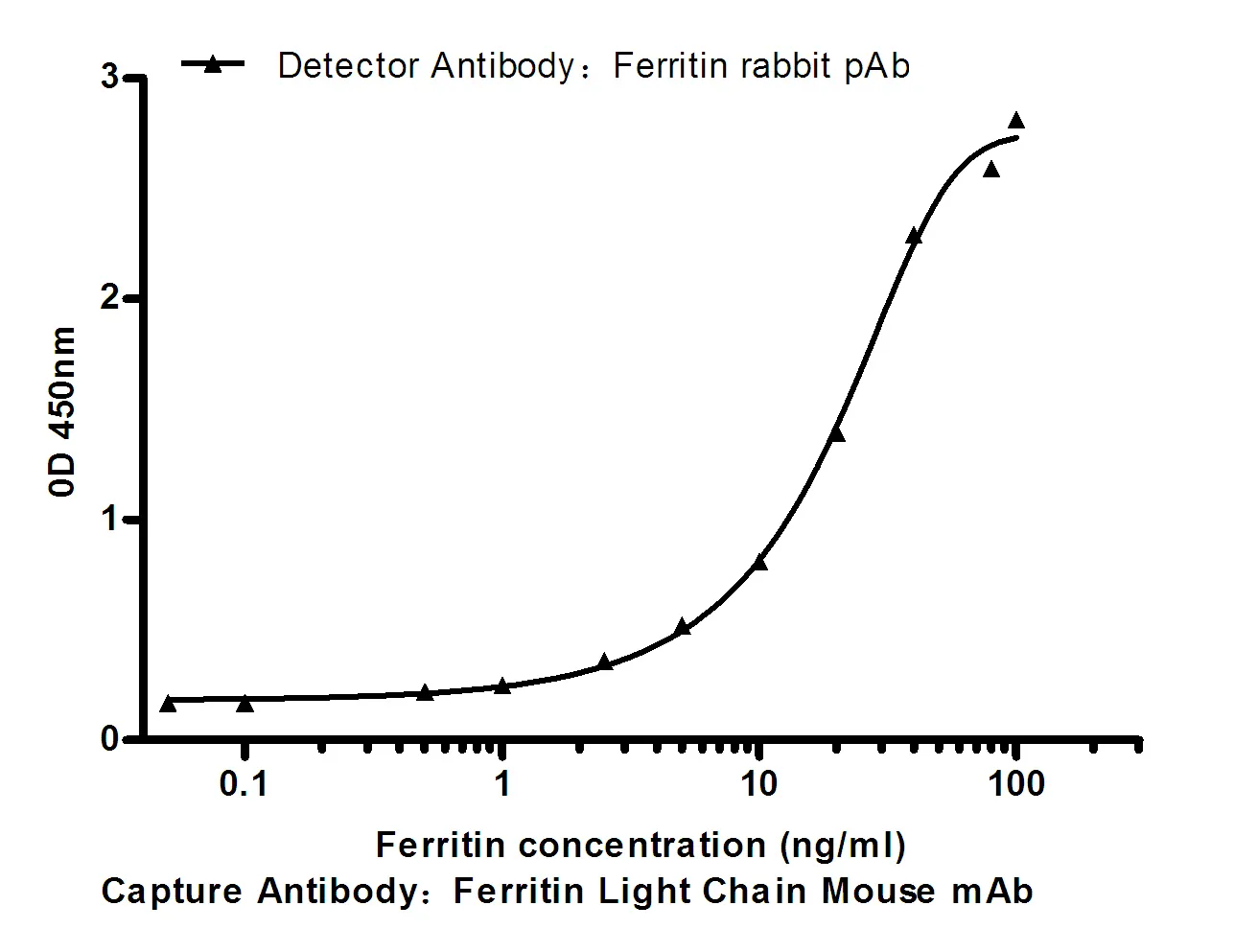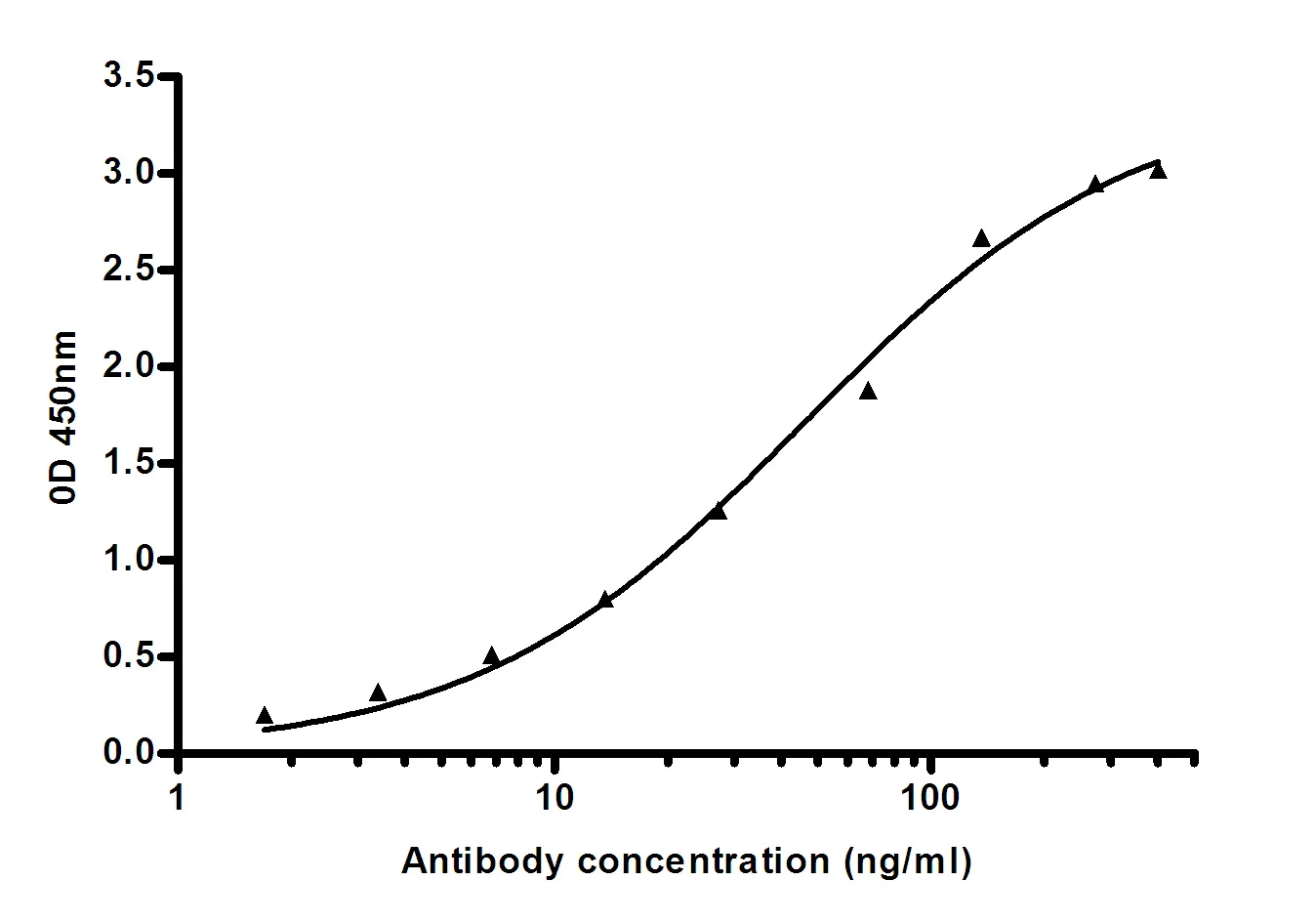Summary
Performance
Immunogen
Application
Background
The protein encoded by this gene is a membrane receptor that is activated by the binding of CD28 or CTLA-4. The activated protein induces T-cell proliferation and cytokine production. This protein can act as a receptor for adenovirus subgroup B and may play a role in lupus neuropathy. [provided by RefSeq, Aug 2011],function:Involved in the costimulatory signal essential for T-lymphocyte activation. T-cell proliferation and cytokine production is induced by the binding of CD28 or CTLA-4 to this receptor.,similarity:Contains 1 Ig-like C2-type (immunoglobulin-like) domain.,similarity:Contains 1 Ig-like V-type (immunoglobulin-like) domain.,subunit:Interacts with adenovirus subgroup B fiber proteins and acts as a receptor for these viruses.,tissue specificity:Expressed on activated B-cells, macrophages and dendritic cells.,
Research Area
Cell adhesion molecules (CAMs);Toll_Like;Intestinal immune network for IgA production;Type I diabetes mellitus;Autoimmune thyroid disease;Systemic lupus erythematosus;Allograft rejection;Graft-versus-host disease;Viral myocarditis;



